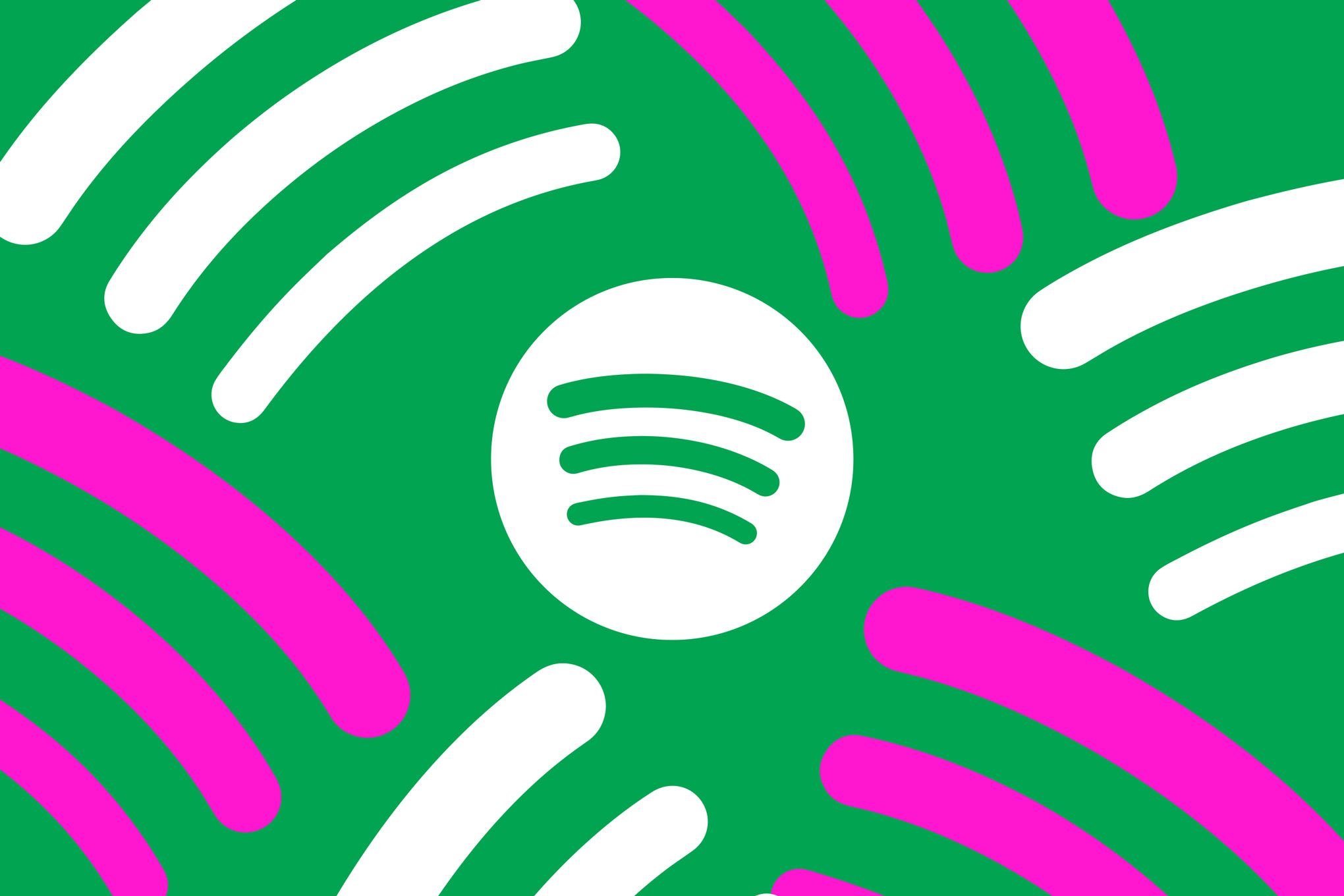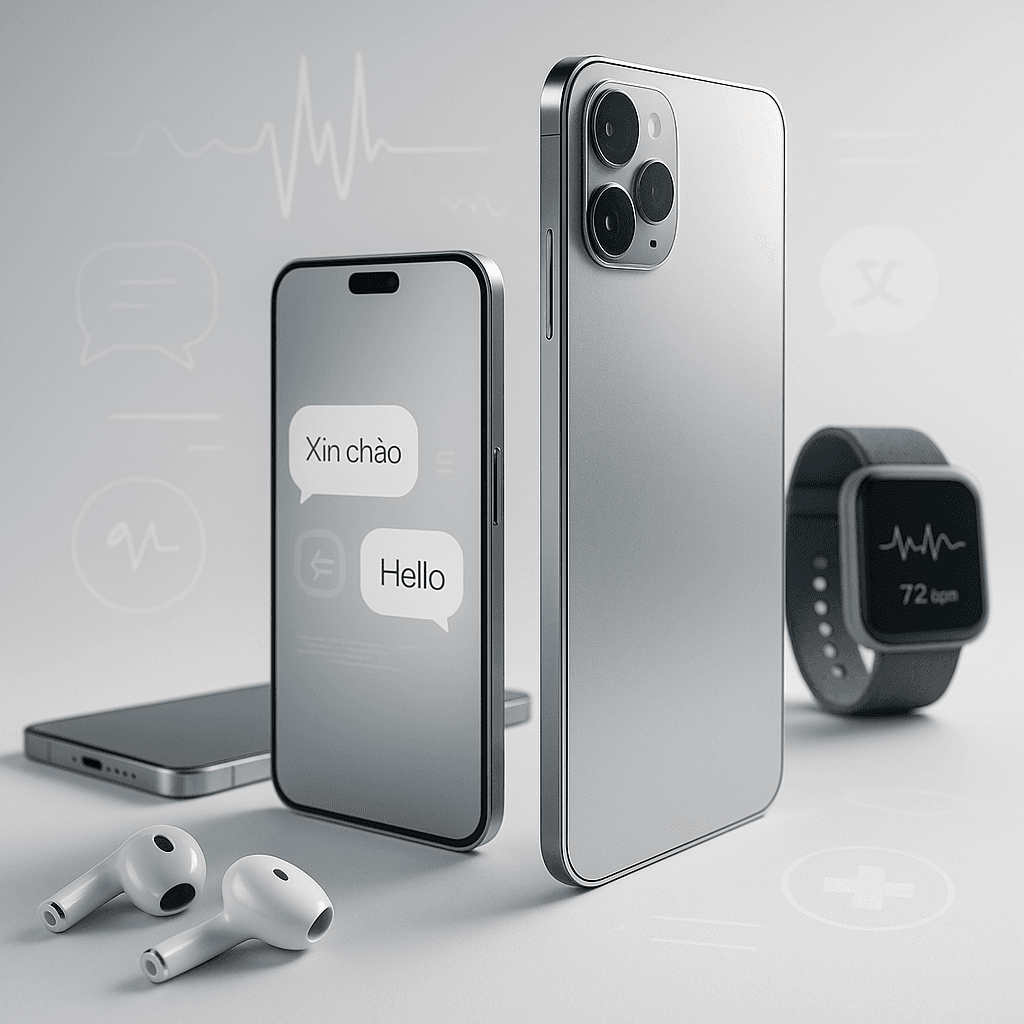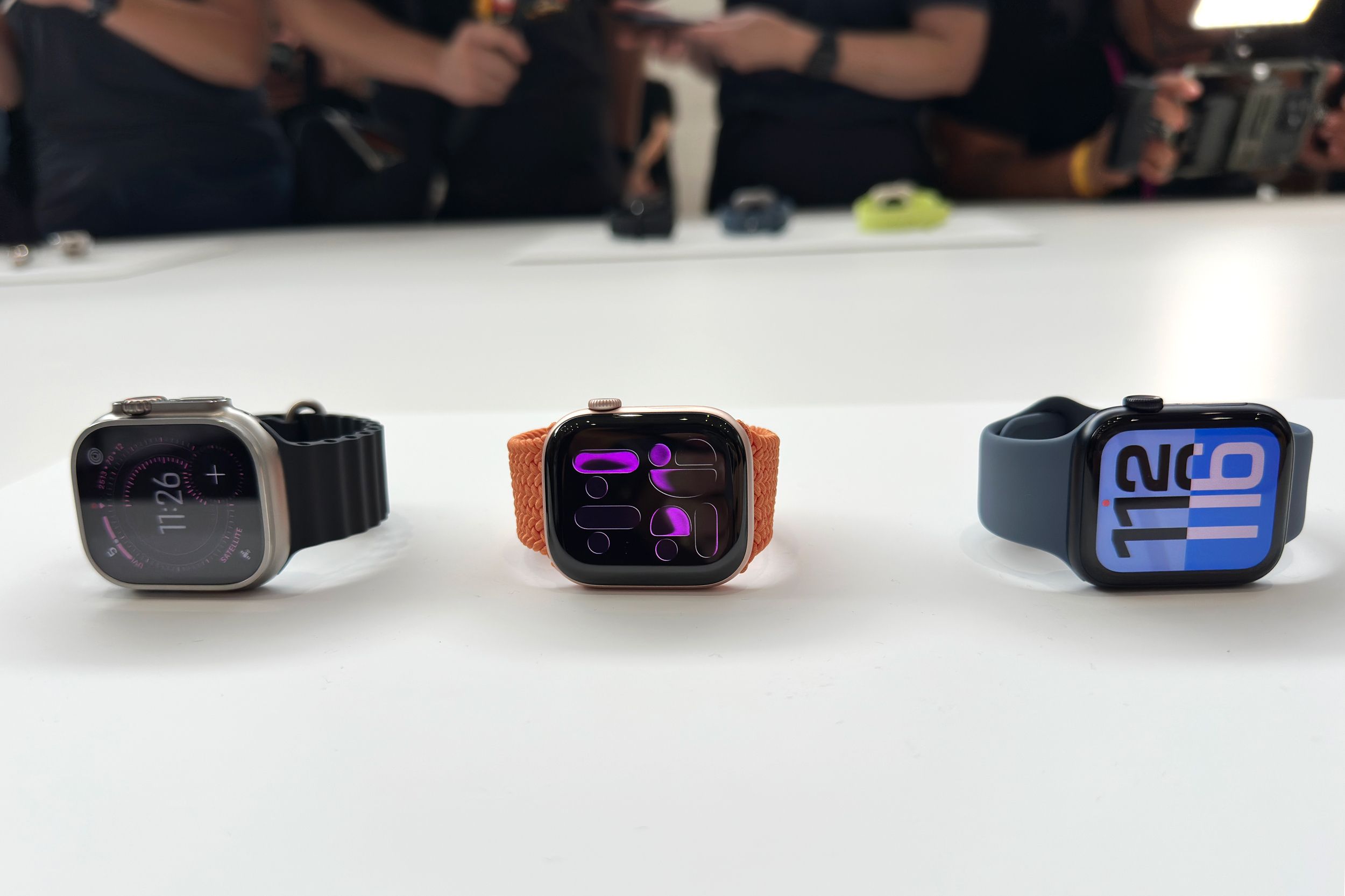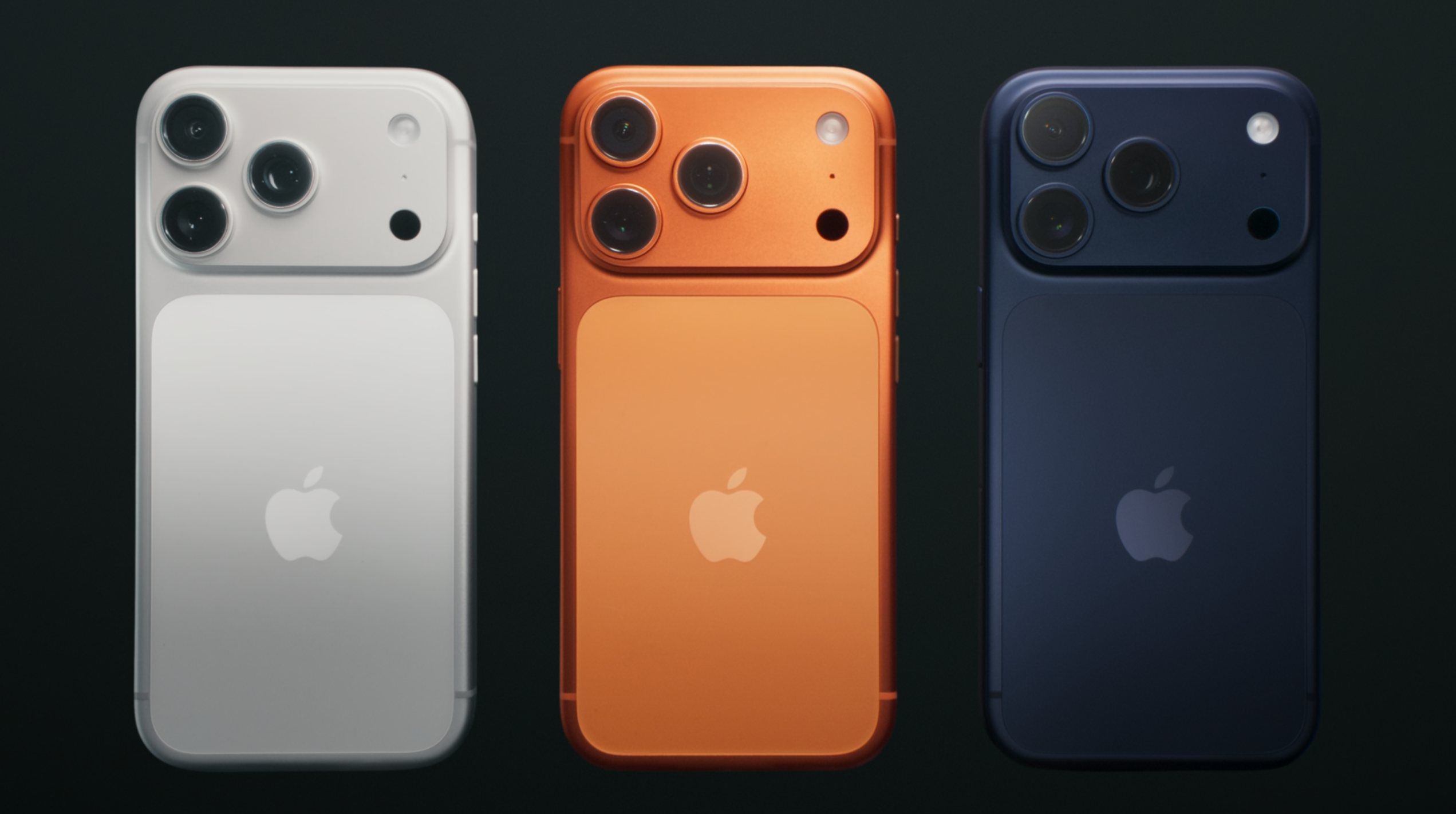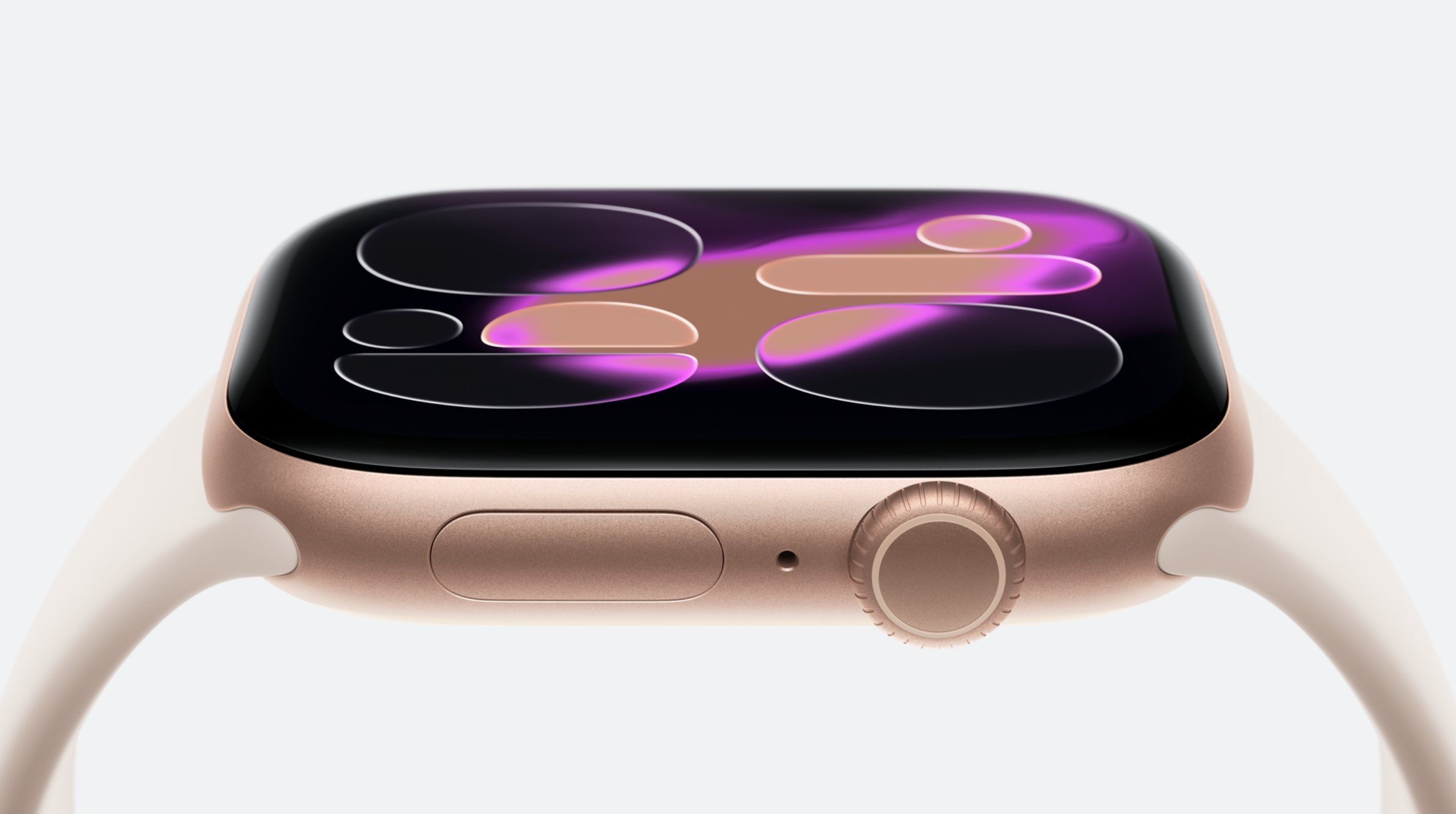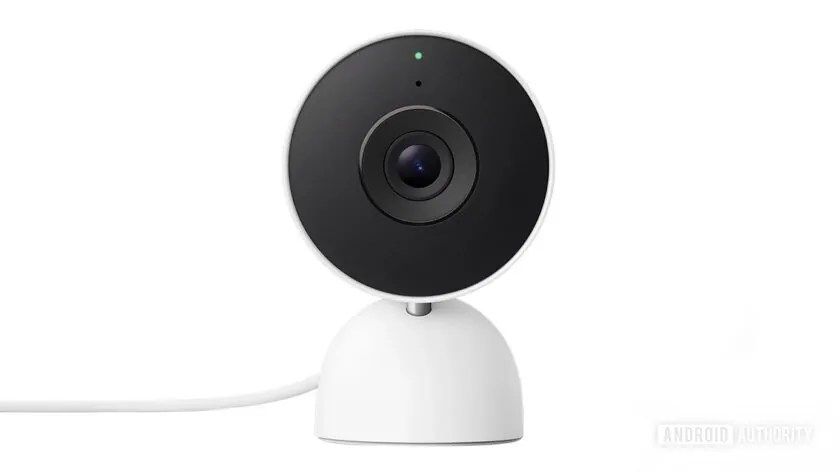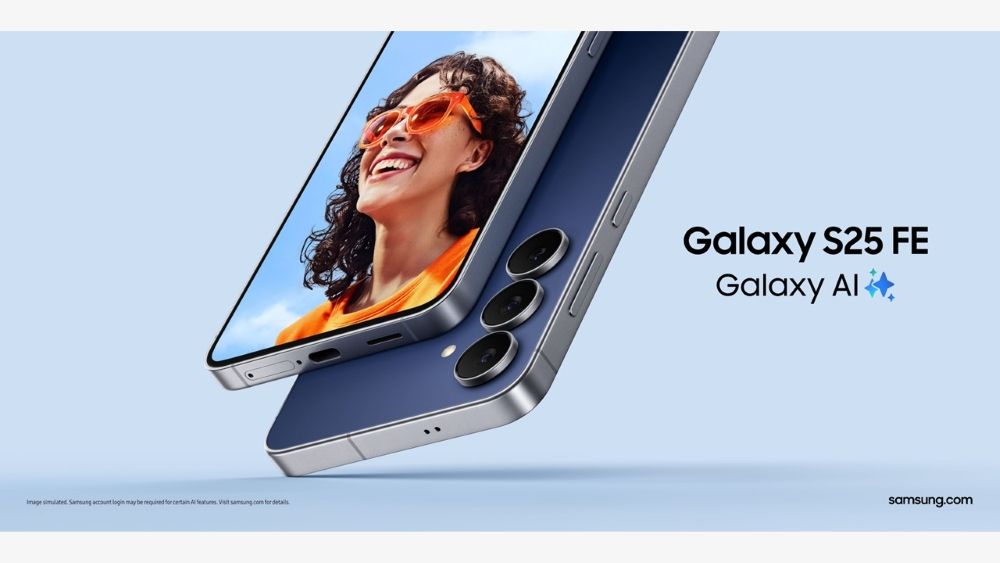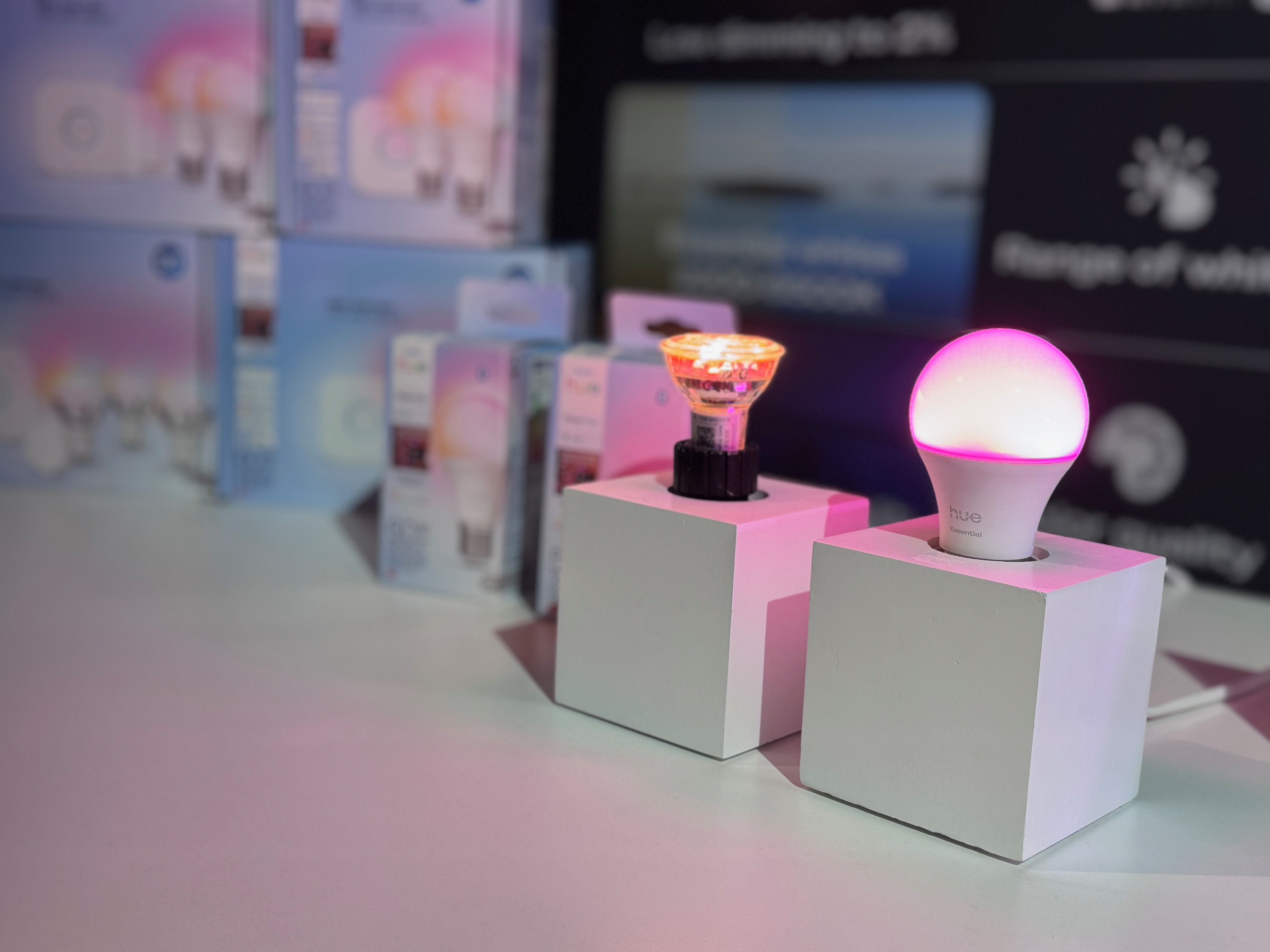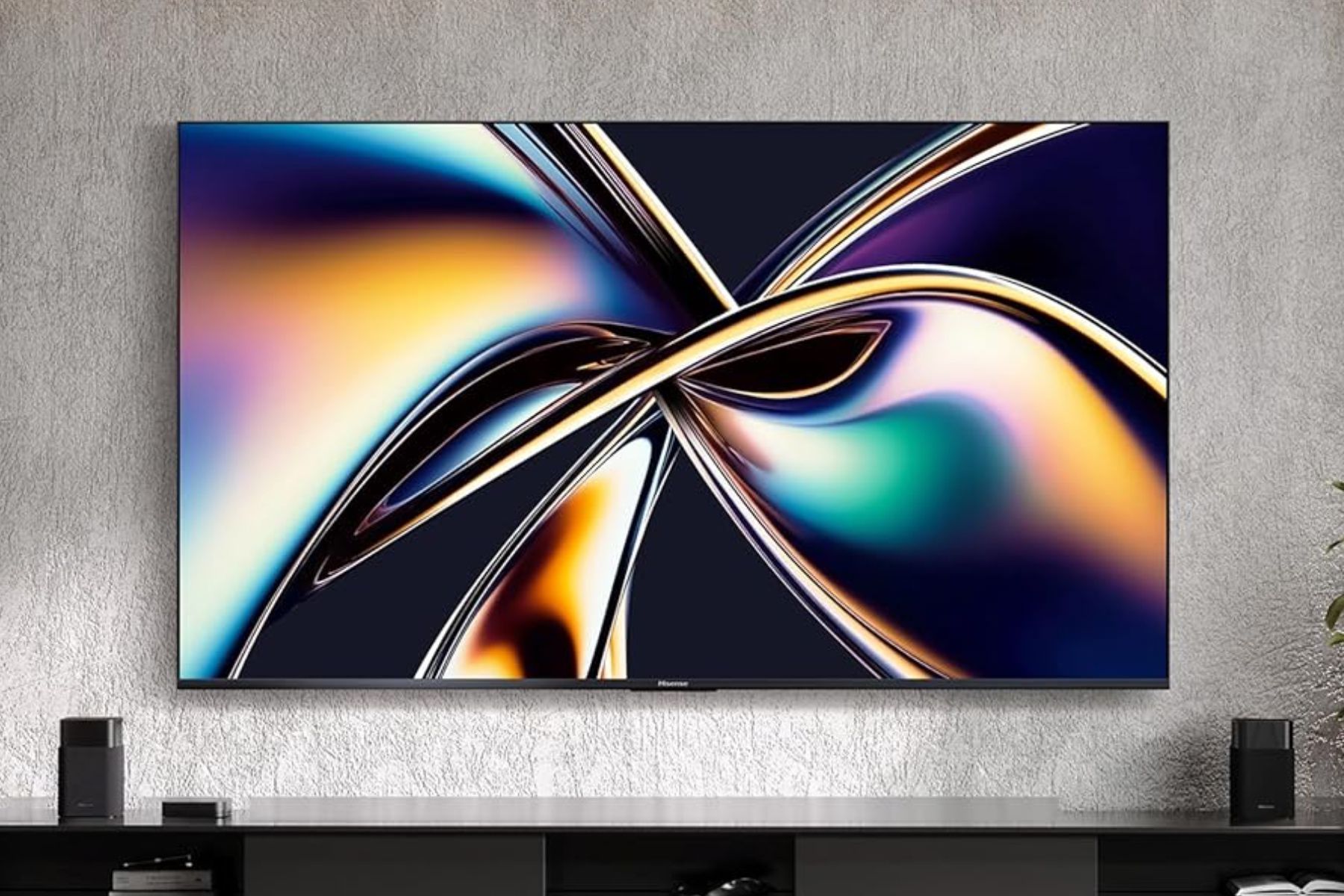After eight years of promises and delays, Spotify has finally launched lossless streaming for Premium subscribers. The long-awaited feature arrives without the rumored price hike - it's rolling out to existing Premium plans across 50 markets over the next two months, starting with the US, UK, and other key regions.
Spotify just ended one of tech's longest-running promises. The streaming giant is rolling out lossless audio to Premium subscribers after teasing the feature since 2017. And here's the surprise - there's no price increase.
The company had initially planned separate HiFi and Music Pro tiers, but scrapped those plans in favor of including lossless in existing Premium subscriptions. According to The Verge's reporting, the feature starts rolling out today across 50 markets, beginning with Australia, Austria, Denmark, Germany, Japan, the Netherlands, Portugal, Sweden, the UK, and the US.
Spotify's lossless implementation delivers 24-bit/44.1 kHz FLAC quality - a significant upgrade from its current 320 kbps maximum. Users will get in-app notifications when the feature becomes available, then can enable it through settings under media quality options. The interface includes clear indicators showing when lossless is active, both in the Now Playing bar and Connect Picker.
The timing puts pressure on competitors who've used superior audio quality as a differentiator. Apple Music and Tidal have offered lossless at similar price points for years, while Amazon Music launched its HD tier back in 2019. Qobuz has built its entire brand around hi-res audio.
But Spotify's approach has limitations. The service tops out at 24-bit/44.1 kHz, while Apple Music, Tidal, and Qobuz support hi-res FLAC up to 24-bit/192 kHz. This leaves room for Spotify to potentially launch those rumored "deluxe" tiers later, though most listeners won't notice the difference without high-end audio equipment.
Hardware compatibility starts with devices from Sony, Bose, Samsung, and Sennheiser, with Sonos and Amazon Echo support coming next month. The feature requires Premium subscriptions - Spotify's free tier remains unchanged.
The launch exposes a glaring gap in Google's strategy. YouTube Music now stands alone among major streaming services without lossless support, despite Google's technical capabilities and the growing audiophile market.
